The Importance of Staying Hydrated
Hydration is a fundamental aspect of human health that often goes overlooked in the hustle and bustle of daily life. Water is essential for life, and our bodies are composed of approximately 60% water. This vital fluid plays a crucial role in various bodily functions, including digestion, circulation, and temperature regulation. In this article, we will delve into the importance of staying hydrated, the signs of dehydration, how much water we should be drinking, and the benefits of proper hydration for overall health and well-being.
Why Water is Vital
Water is often referred to as the "universal solvent" because it dissolves more substances than any other liquid. In our bodies, it acts as a transporter, carrying nutrients and oxygen to cells and tissues, while also aiding in the removal of waste products.
- Regulates Body Temperature: Water helps to regulate body temperature through sweating and respiration.
- Lubricates Joints: It acts as a lubricant for joints, reducing friction and supporting mobility.
- Supports Digestion: Water is necessary for the production of digestive fluids and the movement of food through the gastrointestinal tract.
- Transports Nutrients: It facilitates the transport of nutrients from the point of consumption to the cells that require them.
- Aids in Elimination: Water helps the body eliminate waste through urine and feces.
Signs of Dehydration
Dehydration can occur when the body loses more water than it takes in. This can lead to a variety of symptoms, including:
- Thirst
- Dry or sticky mouth
- Little or no urine output
- Dark yellow urine
- Fatigue
- Dizziness
- Constipation
- Dry skin
- Headaches
Severe dehydration can lead to more serious complications, such as heatstroke, kidney problems, and electrolyte imbalances, which may require medical attention.
How Much Water Should You Drink?
The amount of water each person needs varies depending on factors like age, sex, weight, physical activity level, and overall health. A common guideline is the "8x8 rule," which suggests drinking eight 8-ounce glasses of water a day, which equals about 2 liters, or half a gallon. However, individual needs can be higher or lower.
Here are some factors that can affect your hydration needs:
- Physical Activity: If you're physically active or exercising, you need more water to compensate for the fluids lost through sweating.
- Climate: Hot or dry climates can increase your body's demand for water.
- Health Conditions: Some health conditions or medications may affect your body's ability to retain fluids or require additional water intake.
- Pregnancy and Breastfeeding: Women who are pregnant or breastfeeding have increased hydration needs.
It's important to note that water intake can also come from other beverages like tea, coffee, and juices, as well as from water-rich foods like fruits and vegetables.
Benefits of Proper Hydration
Staying properly hydrated offers numerous benefits for your health and well-being:
- Improved Physical Performance: Adequate hydration can improve endurance, strength, and physical performance.
- Enhanced Cognitive Function: Dehydration has been linked to impaired concentration, memory, and mood.
- Better Digestion: Water aids in the digestion process and can help prevent constipation.
- Weight Management: Drinking water can help control appetite and may assist in weight management efforts.
- Healthy Skin: Proper hydration can contribute to healthier, more elastic skin and may help prevent dryness and wrinkles.
- Reduced Risk of Certain Health Issues: Staying hydrated may lower the risk of kidney stones and urinary tract infections.
Strategies for Staying Hydrated
Here are some strategies to help ensure you're getting enough water throughout the day:
- Carry a Water Bottle: Having a water bottle with you can serve as a constant reminder to drink water.
- Set Reminders: Use your phone or a smartwatch to set reminders to drink water at regular intervals.
- Drink Before Thirst: By the time you feel thirsty, you may already be slightly dehydrated. Make it a habit to drink water before you feel thirsty.
- Eat Water-Rich Foods: Incorporate fruits and vegetables with high water content into your diet, such as cucumbers, watermelon, and oranges.
- Use Flavored Water: If you find plain water boring, add a slice of fruit, a splash of juice, or try flavored water to make it more appealing.
- Drink After Bathroom Breaks: Make it a habit to take a sip of water after using the bathroom to replenish fluids regularly.
Conclusion
Staying hydrated is crucial for maintaining good health and ensuring that our bodies function optimally. By being mindful of our water intake and recognizing the signs of dehydration, we can take proactive steps to support our overall well-being. Remember, the amount of water each person needs can vary, so listen to your body and adjust your hydration habits accordingly.
Staying hydrated is not just about quenching thirst; it's about supporting life itself.




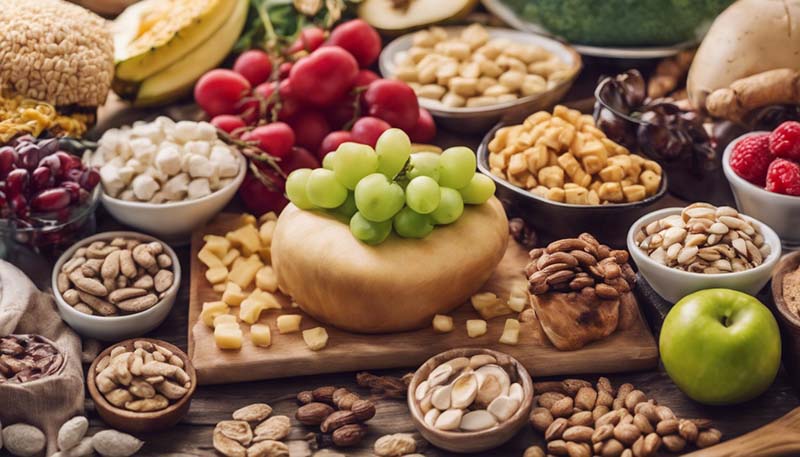


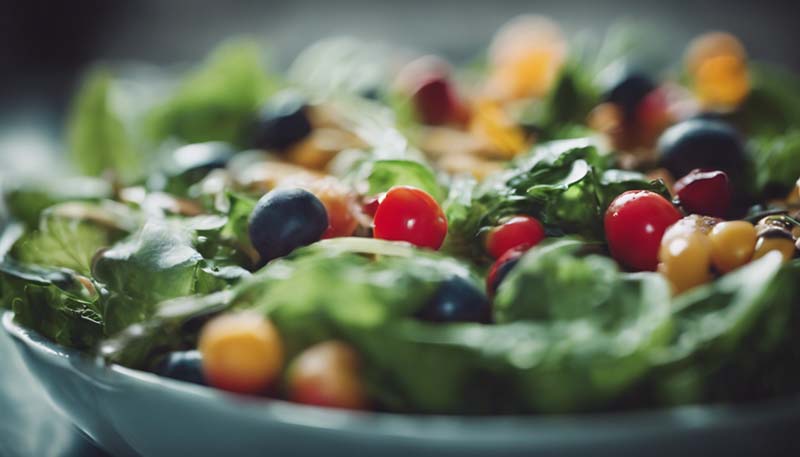



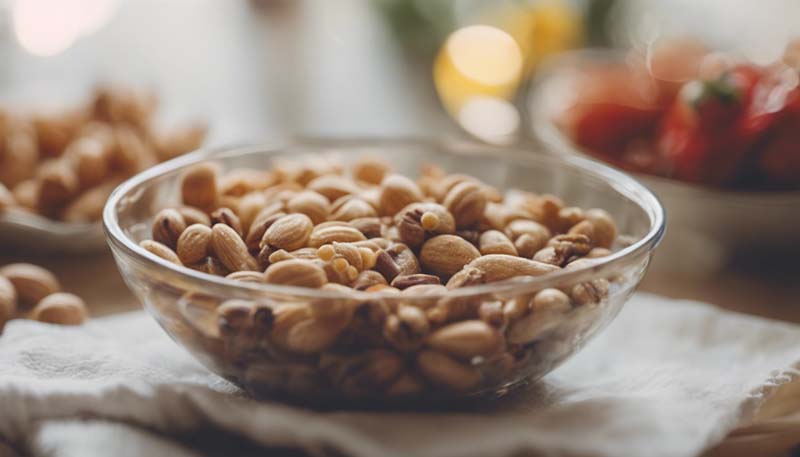



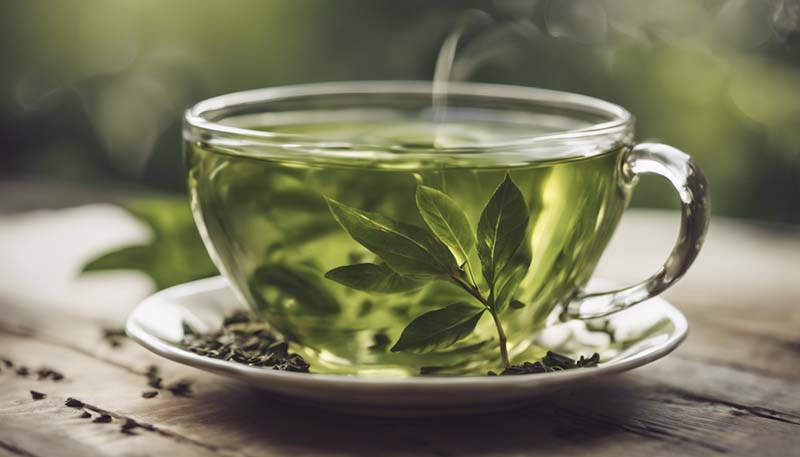




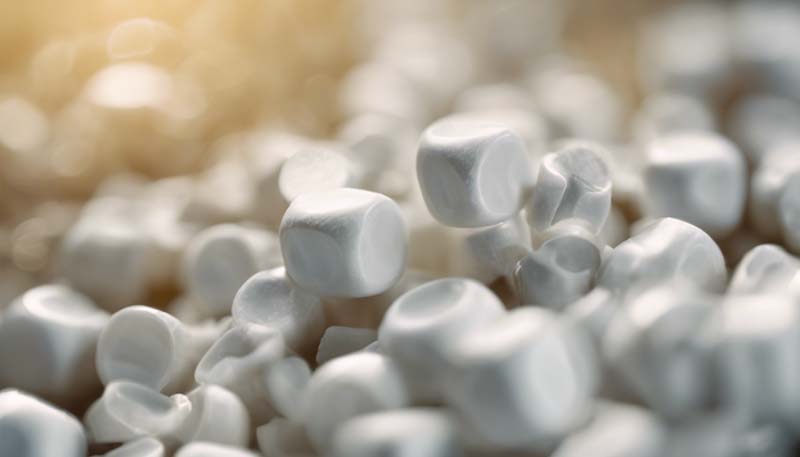




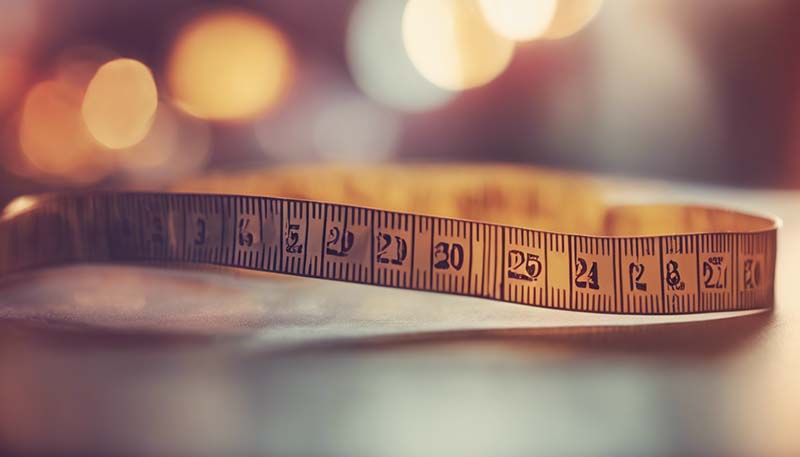


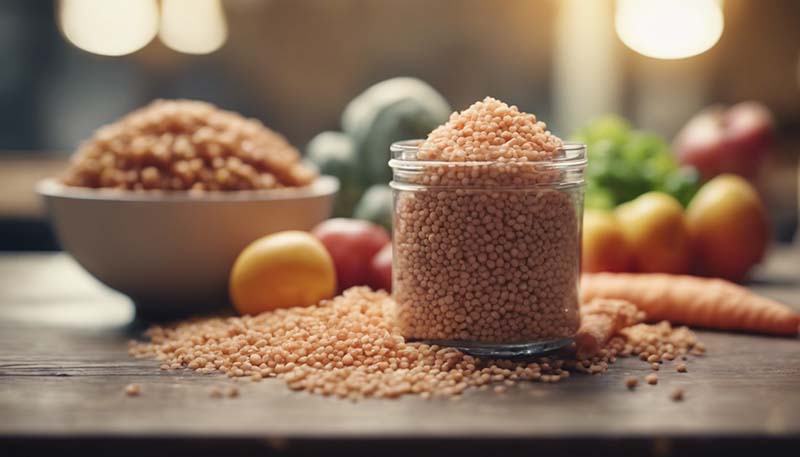
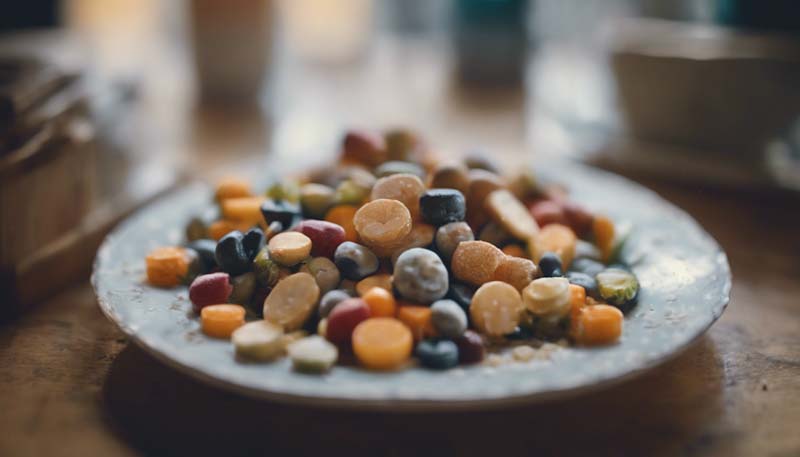
Join the discussion